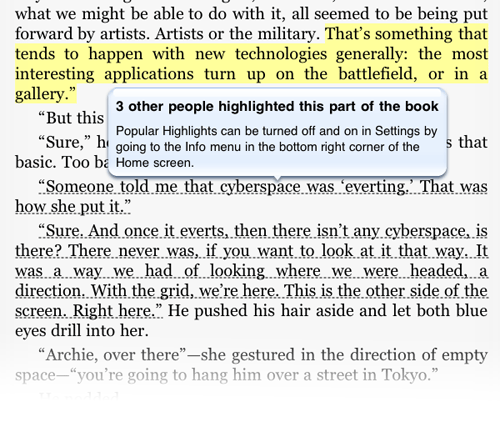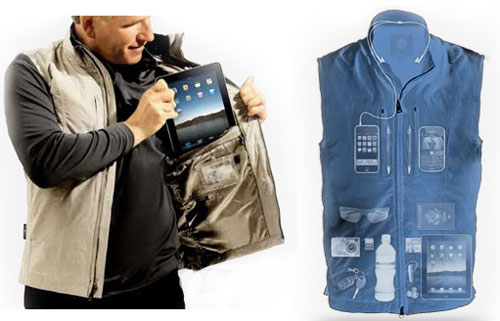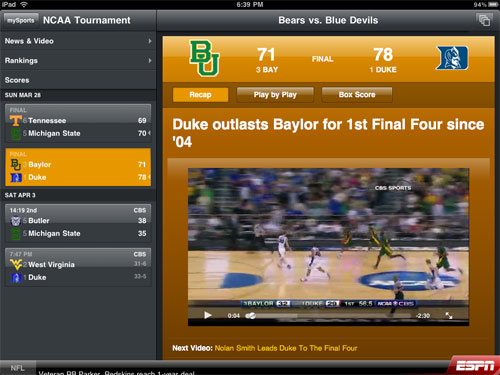It’s been a week since we got our hands on the iPad and I must say I am very impressed with the device. I use the term “device” becuse it doesn’t feel like a computer. Or a PDA. Or anything else I’ve used. I honestly believe this is a new… thing.
One of the more interesting things I observed this week is how people physically relate to the the iPad. Let me see if I can explain by describing something that almost never happens.
Woman A is sitting in a coffe shop with her laptop computer in front of her and Man B comes over and says, “Is that the new (insert name of computer here)?”
“Why yes, it is. Would you like to try it out?”
“If you don’t mind…”
(She gets up, the man sits and begins to open her programs and files and poke around)
Never happens. But a common occurance this week with the iPad. Part of this is just the size and shape. Like a book or magazine, small enough to pass back and forth.
And part is the intuitive user interface. Even if you’re not an iPhone user, most folks find the one button that turns the iPad on (instantly!). Then it’s just tapping the icons and off they go.
And I found myself demo’ing the iPad while standing. Again, something that never (rarely) happens with even the smallest net book.
I encountered the normal sort of anti-Apple resistance from techies:
“So what does that thing do that I can’t do on my laptop?” (Arms folded in convince me defiance)
Non-techies were more inclinded to say, “Ooh. I want one. How much?” …after playing with it for 5 minutes.
I ran in to a couple of closeted OCD’s that couldn’t bring themselves to touch to screen because they could see the fingerprints of those that had touched it before them. Explaining that everything-has-fingerprints-you-just-don’t-see-them did not help.
It was a fun –if less productive– week. And each new app brings fun and discovery. And I have no doubt we will quickly find ways to use the iPad on the job. Seems to me it could easily replace a lot of the laptops our sales staff and reporters are lugging around. Time will tell.





